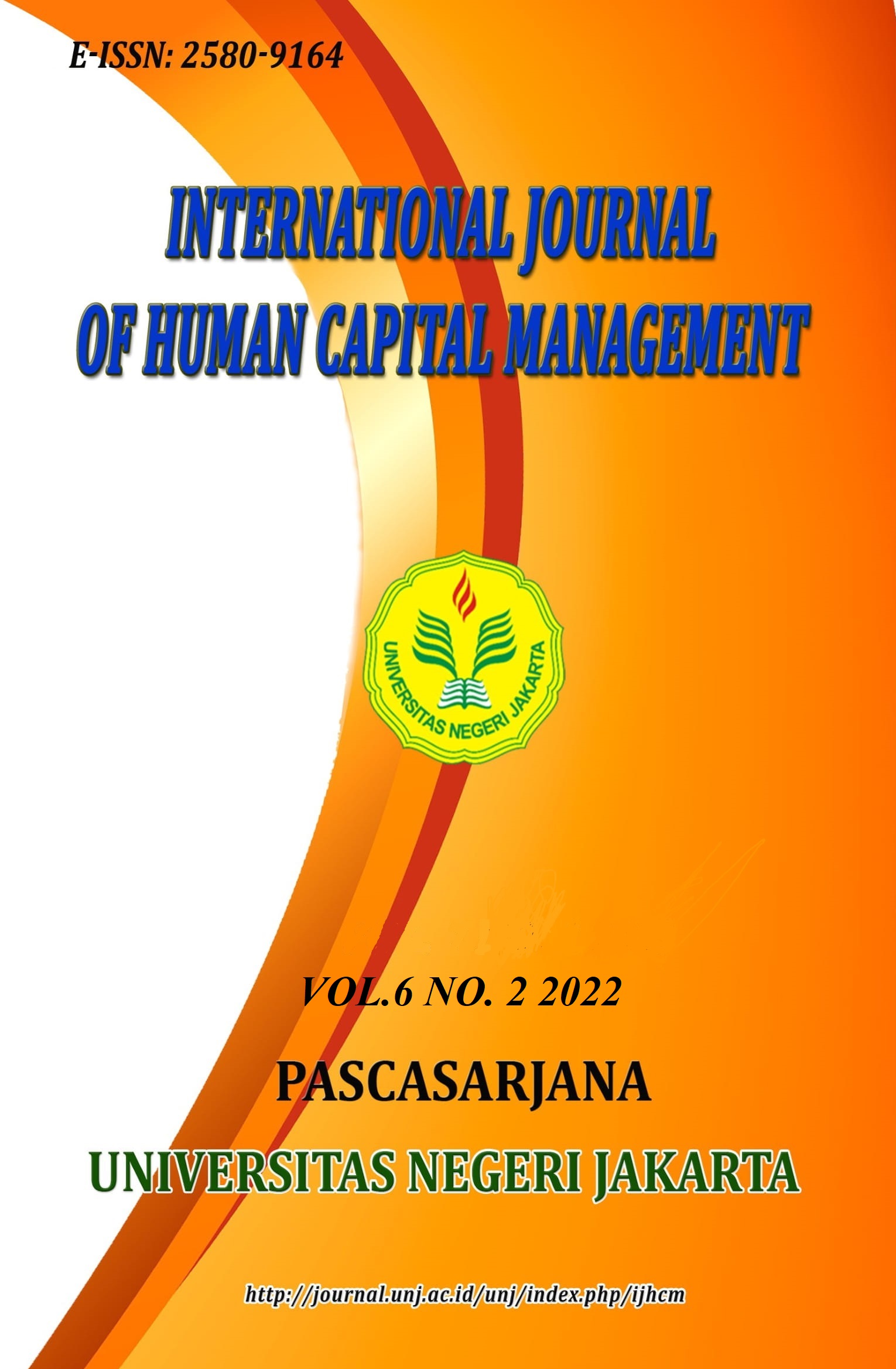Merton Model of Default Risk and Stock Return: Evidence from Indonesian Stock Market
Abstract
The study of the characteristics of risk and return has received great attention. Several studies in finance literature have tested whether default risk influences firms’ stock returns, but the results are often conflicting. Previous research derives varying empirical results because they refer to default risk indicators and samples from different equity markets. The main objective of this study is to evaluate the effect of default risk on stock return using data taken from non-financial companies on the Indonesia Composite Index (IDX Composite) in Indonesia for the 2008-2017 research period. This study uses Merton’s (1974) model as done by Vassalou & Xing (2004) to build a proxy for the risk of default. The advantage of this model is that it considers the volatility of firms’ assets in estimating default risk. Companies can have similar equity and debt levels but possibly have very different default probabilities. The results of the study show that default risk has a positive and significant effect on equity returns.
Copyright (c) 2022 Titis Fatarina Mahfirah, Buddi Wibowo

This work is licensed under a Creative Commons Attribution-NonCommercial-ShareAlike 4.0 International License.







